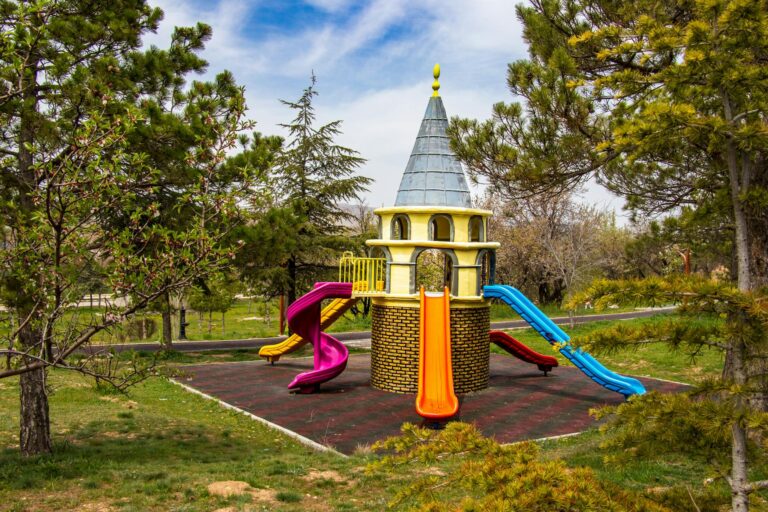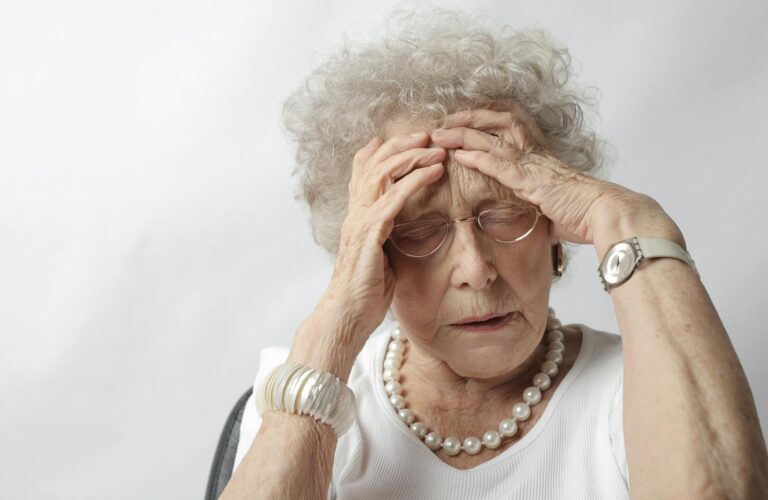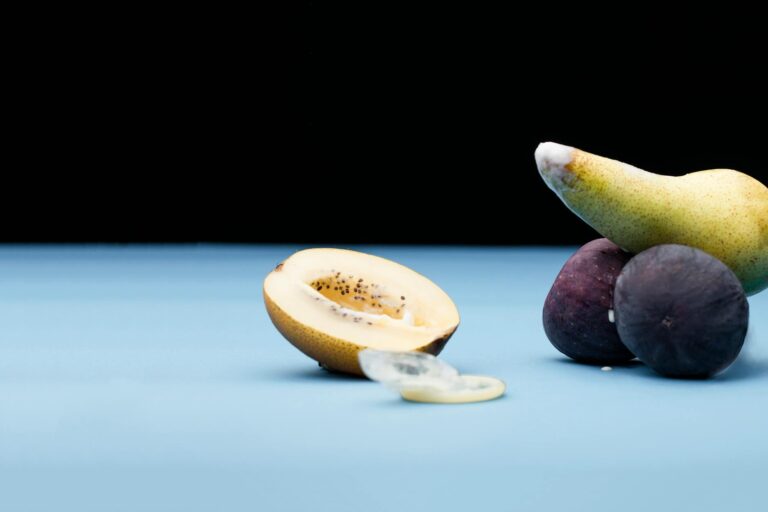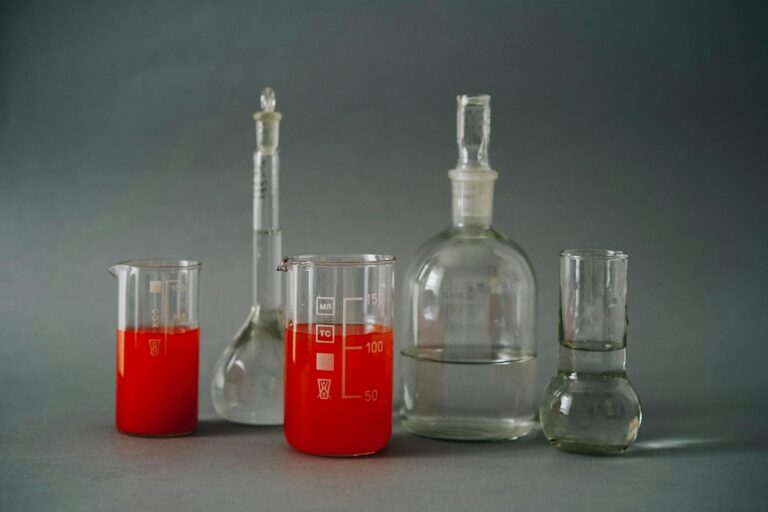Understanding the difference between a Home Health Aide (HHA) and a Personal Care Aide (PCA) is crucial for individuals seeking in-home care. Both roles provide essential support, but they serve distinct purposes and offer different levels of care.
**Home Health Aides (HHAs)**
Home Health Aides are trained professionals who assist individuals with daily activities in the comfort of their own homes. Their primary focus is on providing non-medical support, such as helping with bathing, dressing, meal preparation, and light housekeeping. HHAs also offer companionship, which is vital for emotional well-being. While they may occasionally check vital signs or assist with basic health monitoring, they work under the supervision of licensed healthcare professionals and are not qualified to perform medical tasks like administering medications or managing health conditions independently.
HHAs are particularly beneficial for people with disabilities or seniors who wish to maintain their independence at home. They help bridge the gap in care by providing personalized support tailored to the individual’s needs, ensuring that daily tasks are manageable without requiring extensive medical intervention.
**Personal Care Aides (PCAs)**
Personal Care Aides, often referred to in similar contexts as Personal Care Assistants, provide support with daily living activities. Their role is very similar to that of HHAs, focusing on personal care and assistance with activities of daily living (ADLs) such as bathing, dressing, and grooming. PCAs may also assist with light housekeeping and meal preparation. The term “Personal Care Aide” is sometimes used interchangeably with “Home Health Aide,” but both roles emphasize non-medical care.
**Key Differences**
While both HHAs and PCAs assist with daily activities, the primary difference lies in the context and supervision. HHAs often work under the supervision of licensed healthcare professionals and may be part of a broader home health care plan. PCAs, on the other hand, might not always be part of a formal healthcare program and may work more independently, though still providing essential personal care.
In summary, both Home Health Aides and Personal Care Aides play vital roles in supporting individuals with daily needs, but the specific context and level of supervision can vary. Understanding these roles helps individuals and families make informed decisions about the type of care that best suits their needs.





